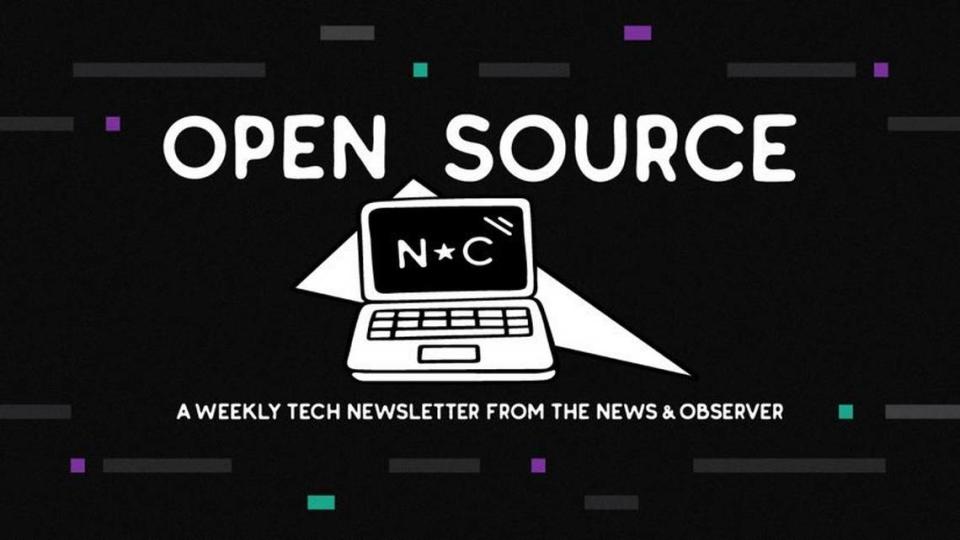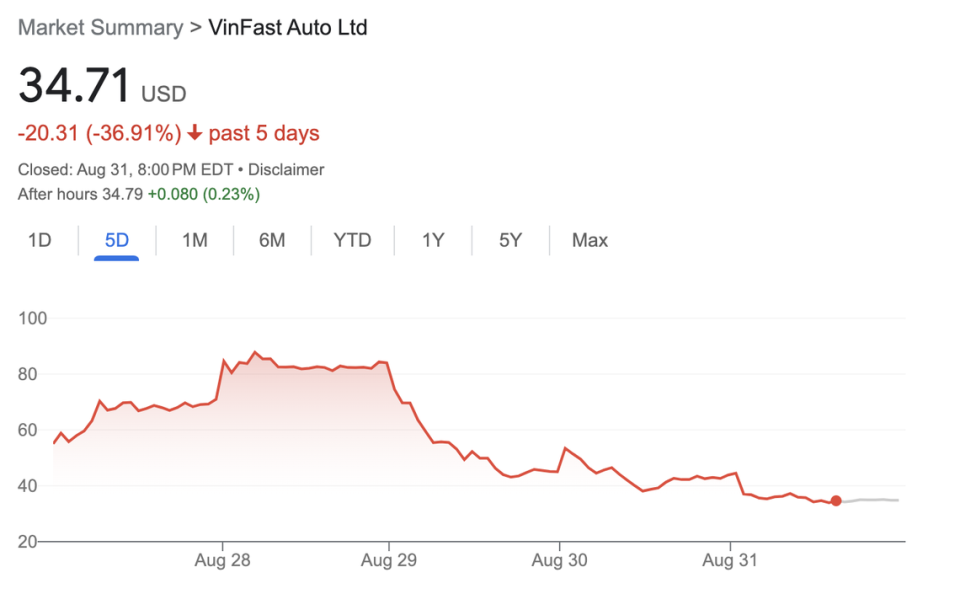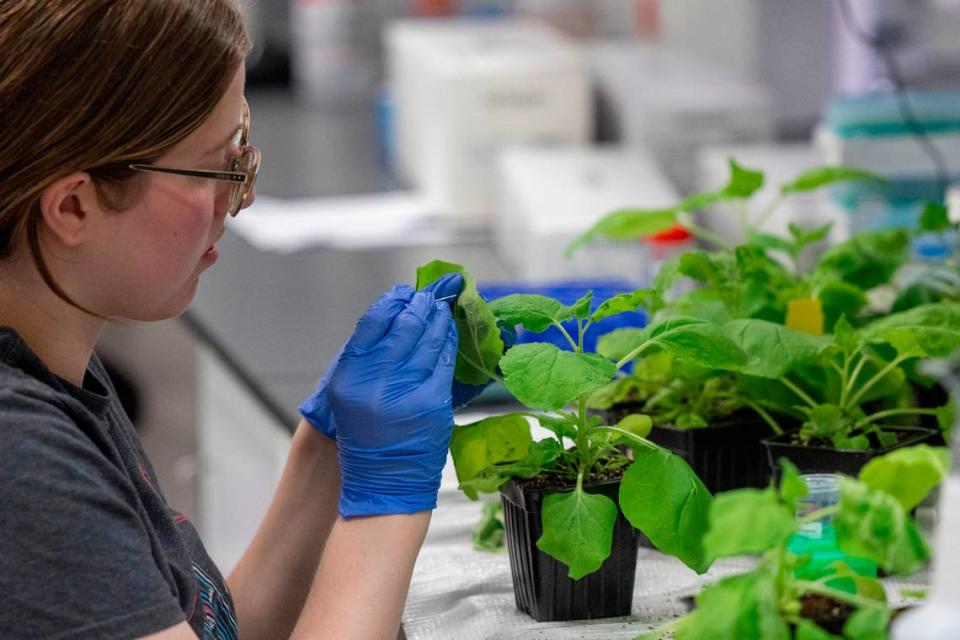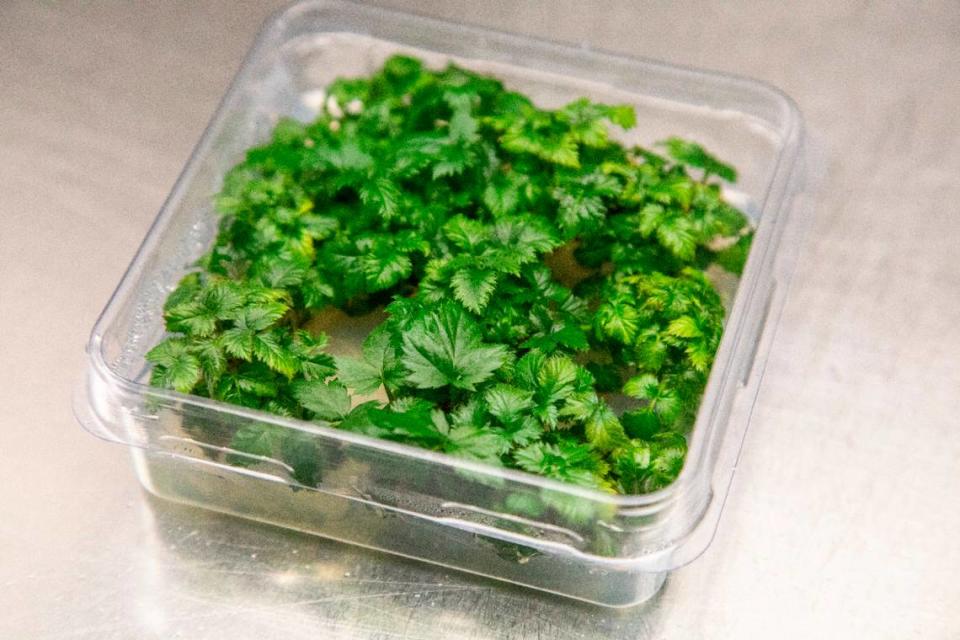Open Source: VinFast’s wild stock | Pairwise inks deal | How NC built a biotech powerhouse
I’m Brian Gordon, tech reporter for The News & Observer, and this is Open Source, a weekly newsletter on business, labor and technology in North Carolina.
If you own VinFast stock, Monday would’ve been a great day to sell.
On that day, the North Carolina-bound, Vietnamese company became the world’s third-most valuable automaker with a market capitalization of $200 billion. The list went: Tesla, Toyota and then a newly public company with a small track record of selling EVs and a bigger track record of posting mammoth losses.

Some equated VinFast to “meme stocks” like AMC and GameStop. Experts cautioned its exploding share price should be taken with a grain of salt given that the company has made relatively few shares available to be traded.
Since Monday, VinFast stock has retreated considerably — though it still entered Friday with the fifth-highest market cap of any car company — higher than Mercedes-Benz, BMW, Volkswagen, Honda, Ford, General Motors and Hyundai.

VinFast has been a fascinating company to follow — from its “light speed” site selection in Chatham County to its horrid initial reviews to its grand global ambitions. I’ve been surprised by how wild the company’s short time on the stock market has already proven.
But perhaps I shouldn’t be.
A brief history of how NC became a biotech powerhouse
A few weeks ago, I sampled a gene-edited salad that didn’t taste bad.
That was the point. Normally, raw mustard greens are extremely bitter, but by using gene editing CRISPR technology, the Durham startup Pairwise created palatable, non-pungent greens it hopes to get into grocery stores by early next year.
Gene modification is common on the local technology beat. Across the Research Triangle, scientists tinker with DNA to create new foods and medicines. North Carolina supports one of nation’s largest biotech economies, and it’s nipping at the heels of heavyweight markets in California and Massachusetts.
“Cambridge and Boston better look out because North Carolina is coming,” Gov. Roy Cooper declared in 2021 when he announced the California-based biopharma company Amgen was coming to Holly Springs.

Today, the state has more than 800 life science companies which together employ 75,000 workers. There are science startups, gene therapy firms and manufacturing giants like Thermo Fisher Scientific, Grifols, Novo Nordisk and Fujifilm.
But it wasn’t always like this.
“(Life sciences) was very much a fledgling industry in our state,” said Gerry Hancock, a two-term Democratic state senator in the early 1980s, in a recent phone interview.
Four decades ago, Hancock watched as outsourcing and automation attenuated North Carolina’s core employers — tobacco, textiles and furniture manufacturing. Around the same time, a San Francisco gene-editing firm called Genentech was pioneering a lucrative new industry.
In 1983, Genentech brought synthetic human insulin to market, and in its success, Hancock saw a template for North Carolina to follow. That year, he lobbied General Assembly colleagues to make a landmark public investment in biotechnology.
The state legislature appropriated $6.5 million annually (about $19 million in today’s dollar) to launch the North Carolina Biotechnology Center in 1984. Hancock, who went on to chair the center’s board, saw the initiative as a “natural progression” from the late 1950s, when state leaders created a hub for informational technology called Research Triangle Park.

Funded largely through the state budget, the N.C. Biotech Center provides grants and loans to early-stage life science startups and helps established businesses expand. It also recruits businesses, as the organization had an active role in attracting Pairwise to the state in 2018.
When N.C. Biotech released its first directory in 1988, it listed 83 businesses. Today, the directory features 812 companies. And there is room to grow says the center’s CEO, Doug Edgeton.
“This industry is still in its preteens, as far as life cycles go,” he said.
Short Stuff: Pairwise keeps Bayer partnership going
Speaking of Pairwise, the Durham startup inked a five-year deal this week with Bayer to apply its CRISPR technology to corn. This will be the second agreement between the two companies, with the first deal ending earlier this year.
The state released its monthly unemployment rates by county. In July, the county with the lowest unemployment rate was Buncombe (home of Asheville) while rural Scotland County had the highest rate at 6.7%.

National Tech Happenings
Apple is expected to introduce the iPhone 15 at a launch event later this month.
Meta’s oversight board recommended the Facebook parent company suspend the accounts of a former Cambodian prime minister. But Meta says it won’t.
Nearsightedness is rising among children, and the cause might be too much screen time. But good luck keeping your kids away from reading the Open Source newsletter. They’re hooked.
Thanks for reading!

Open Source
Do you enjoy Triangle tech news? Subscribe to Open Source, The News & Observer's weekly technology newsletter and look for it in your inbox every Friday morning. Sign up here.

